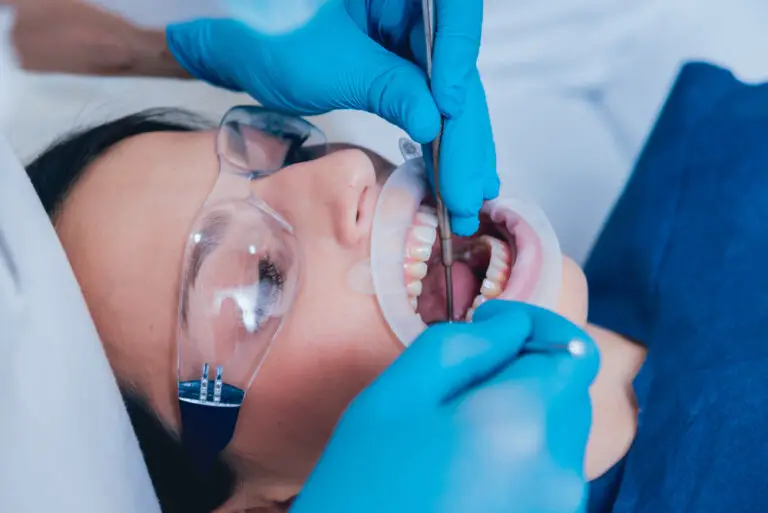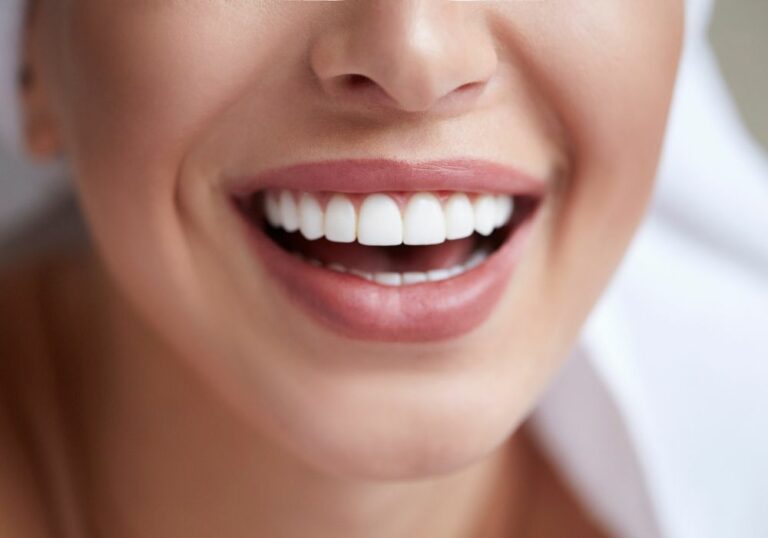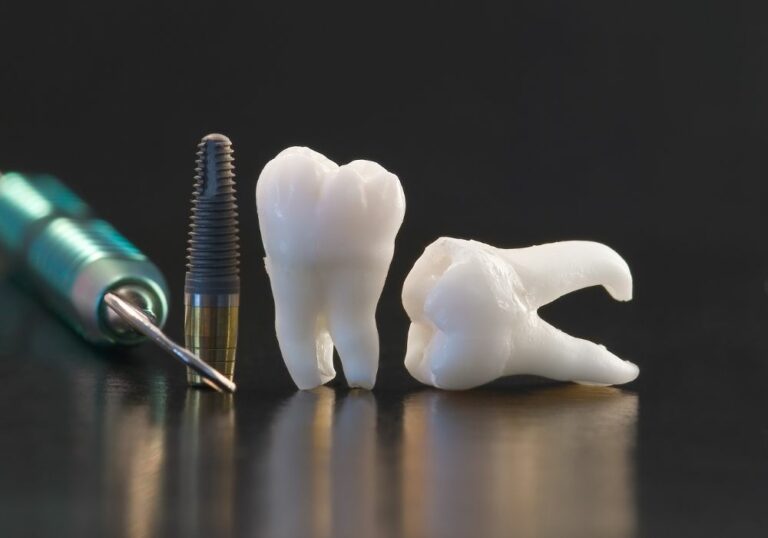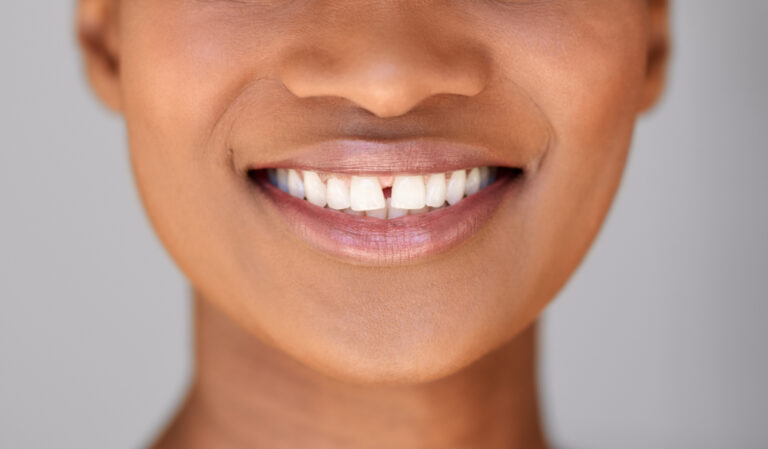An Overview of Tingly, Itchy Teeth
It’s not uncommon to experience occasional tingling or itchy sensations in your teeth. But frequent or intense tingling and itching can be annoying and disruptive, and may indicate an underlying dental health issue.
In this article, we’ll explore some of the most common reasons for tingling and itchiness in teeth, along with potential treatments to relieve discomfort. We’ll also provide tips for preventing itchy teeth going forward.
What Causes Tingly, Itchy Teeth?
There are several possible explanations for tingling, irritated teeth:
- Tooth sensitivity: Exposure of dentin, the layer underneath your tooth enamel, can make teeth sensitive and tingly. Causes include enamel loss, gum recession, cavities, and teeth whitening.
- Allergies: Allergic reactions to foods, oral care products, or substances like latex can sometimes trigger mouth and tooth tingling.
- Nerve damage: Injuries, dental procedures, or conditions like multiple sclerosis can damage the nerves in teeth, leading to odd sensations.
- Bruxism: Teeth grinding, often while sleeping, puts excessive pressure on teeth. This can irritate nerves and cause next-day tingling.
- Canker sores: Mouth ulcers sometimes occur on gums near teeth, causing discomfort.
- Medications: Some prescription drugs list tingling teeth or gums as a side effect.
- Vitamin deficiencies: Lack of vitamins like B12, calcium, and vitamin C can contribute to mouth tingling and numbness.
- Infections: Sinus infections, colds, and some viruses can trigger temporary tooth tingling and pain.
- Dry mouth: Saliva helps protect and lubricate teeth. With chronic dry mouth, insufficient saliva can lead to tooth nerve irritation.
- Dental abscess: A pocket of pus around a tooth root puts pressure on nerves, causing pain. Abscesses require treatment.
Let’s explore these causes and potential treatments in more detail.
Tooth Sensitivity and Tingling
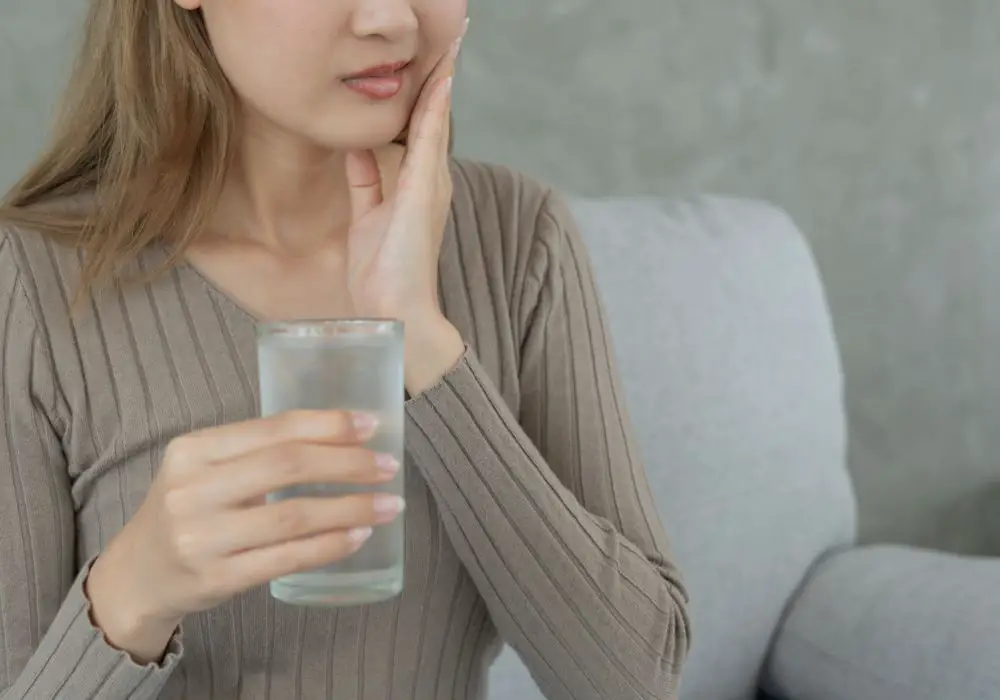
One of the most common reasons for tingly teeth is sensitivity in one or more teeth. Tooth sensitivity involves irritation of the dentin, which is the layer of tissue found beneath the enamel that surrounds the tooth root.
When the dentin is exposed, it can trigger sensitivity and pain. Here are some key facts about tooth sensitivity:
- Estimated to affect 10-30% of adults
- Often arises when enamel erodes or recedes
- Common triggers are cold, hot, sweet, acidic or sticky foods and beverages
- May indicate dental problems like cavities or gum disease
- Over-brushing and teeth whitening can increase sensitivity
Causes of exposed dentin that can lead to tingling teeth include:
Enamel Erosion
The enamel that protects your teeth can erode from acidic foods and drinks. Frequent exposure to things like citrus, vinegar, soda and wine can wear the enamel down over time. This allows irritants to reach the dentin easily.
Gum Recession
When gums recede or pull away from teeth, it exposes dentin and nerve endings. Gum recession is common with periodontal disease. It can also occur from overly vigorous brushing.
Dental Cavities
As holes or cavities form in the enamel and grow, they work down towards the dentin. A deep cavity that reaches the dentin becomes sensitive.
Cracked Teeth
Major chips and cracks in teeth can let irritants seep in and aggravate the dentin. Clenching and grinding teeth also cracks them over time.
Teeth Whitening
The chemicals in tooth whitening strips, gels, rinses and toothpastes can seep through enamel and temporarily irritate the dentin. This irritation usually fades within a few days after whitening stops.
Treating Sensitive Teeth
If your dentist determines tooth sensitivity is behind tingling teeth, they may recommend:
- Using a desensitizing toothpaste containing ingredients like strontium chloride or potassium nitrate. These work by plugging exposed dentin tubules.
- Trying prescription strength fluoride gels applied in-office to strengthen enamel.
- Receiving composite fillings that cover exposed root surfaces.
- Wearing a night guard to protect teeth from grinding damage.
- Getting dental sealants applied to shield cavities and prevent sensitivity.
You can also reduce dental sensitivity at home:
- Avoid triggers like acidic, sugary, hot and cold foods that irritate teeth.
- Brush gently in the morning with soft or extra soft bristles.
- Don’t brush right after eating or drinking something acidic, as this softens enamel.
- Rinse your mouth with plain water after acidic foods and beverages.
- Use sensitivity toothpaste daily to protect dentin tubules.
With time and the right tactics, your sensitive teeth should become less tingly and irritable. But see your dentist promptly if they recommend a specific treatment.
Allergic Reactions Causing Tingling Teeth
In some cases, allergies or sensitivities to ingredients in oral products, foods or latex (in gloves) can make your teeth tingle and throb.
Common triggers include:
- Sodium lauryl sulfate (SLS) in toothpaste
- Alcohol, flavorings or whitening agents in mouthwash
- Benzocaine in some gels and ointments
- Metals like nickel or gold in dental work
- Certain meats, fruits, nuts, spices, etc.
- Latex gloves worn during dental exams
This tooth and mouth irritation is a form of contact allergy. Symptoms arise minutes to hours after exposure to an offending substance and may include:
- Tingling, burning or itching in teeth
- Swollen lips, tongue, gums or throat
- Redness and irritation in the mouth
- Metallic taste
- Sore, tender gums
To manage a tooth-tingling allergy:
- Avoid any triggers you suspect are causing problems
- Read product labels carefully and use only non-irritating brands
- Request non-latex gloves at the dentist’s office
- See an allergist for allergy testing if source is unknown
- Use OTC antihistamines like Zyrtec or Benadryl to control symptoms
Identifying and limiting contact with any allergens provoking mouth tingling provides relief in most cases.
Nerve Damage and Tooth Tingling
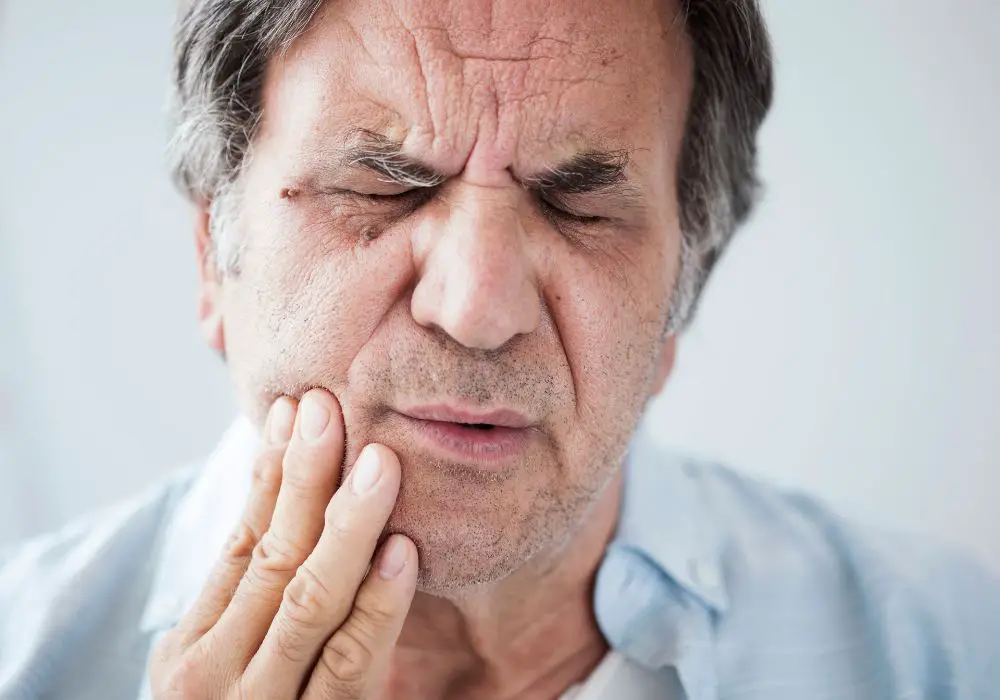
Nerve injuries or neuropathic damage affecting the trigeminal nerve can sometimes produce tingling tooth and gum sensations called paresthesia. Common causes include:
Dental Procedures
Dental work like root canals, tooth extractions, implants or trauma to the mouth during procedures can damage trigeminal nerves. However, this is temporary in most cases.
Physical Injuries
Face and mouth injuries from events like sports accidents, falls or physical violence may traumatize trigeminal nerves. Nerve damage could be permanent if severe.
Multiple Sclerosis
People with autoimmune disorders like MS develop nerve damage that leads to tingling, numbness and pain in the face and teeth.
Vitamin Deficiency
Deficiencies of vitamins like B12, niacin, calcium and vitamin C are sometimes tied to face and tooth paresthesia.
Diabetes
Poorly controlled blood sugar with diabetes is linked to nerve damage and odd mouth sensations.
Treatments will depend on the underlying cause but may include:
- Prescription medications – anticonvulsants, tricyclic antidepressants or antiseizure drugs can calm damaged nerves.
- Physical therapy – exercises help improve nerve function in some cases.
- Nutritional supplements – vitamins, minerals and antioxidants support nerve cell regrowth.
- Surgery – procedures to decompress affected trigeminal nerves may be warranted if severe.
Seek prompt medical advice for symptoms like chronic tingling to determine if there are any correctable causes for your tooth nerve irritation.
Bruxism (Teeth Grinding and Clenching)
You might wake up with sore, tingling teeth after a night of clenching or grinding your teeth in your sleep. This common habit, called bruxism, puts excess pressure on teeth that can inflame nerves. Signs of bruxism include:
- Tingling, painful teeth upon waking
- Teeth that are sensitive when eating or drinking
- Sore jaw muscles and temples
- Headaches
- Chipped, cracked or worn teeth
Bruxism often occurs during periods of high stress and anxiety. Other risk factors include sleep disorders, use of certain medications, arthritis, caffeine intake and more.
Ways to manage bruxism tingling include:
- Using a night guard to protect your teeth from grinding damage
- Practicing relaxation techniques like meditation before bedtime
- Getting biofeedback training
- Undergoing cognitive behavioral therapy to manage stress
- Making dietary changes like reducing alcohol and caffeine
- Taking magnesium or vitamin B supplements to support muscle and nerve function
- Using botulinum toxin (Botox) injections to relax masseter muscles
Modifying sleep habits, managing stress better and taking steps to minimize grinding and clenching can all help reduce bruxism-related tingling over time.
Canker Sores Causing Tooth Discomfort
Canker sores are small white or yellowish ulcerations that crop up inside the mouth. While not on the teeth themselves, canker sores on the gums near teeth can make your teeth tingle or throb.
Causes of canker sores can include:
- Minor mouth injuries
- Vitamin deficiencies
- Food allergies
- Hormonal shifts
- Stress
- Spicy foods
Canker sores normally heal on their own within 1-2 weeks without treatment. But these self-care steps can reduce tooth discomfort from mouth ulcers:
- Avoid spicy or acidic foods that aggravate sores
- Use an OTC numbing gel like Orajel on sores
- Rinse with salt water to clean and soothe the area
- Take a vitamin B12 supplement if deficient
- Apply petroleum jelly to sores to shield from irritation
- Consider prescription treatments like steroids or immune-modulating drugs for severe/chronic canker sores
See a doctor promptly if mouth ulcers last longer than 2 weeks or are very large, as they may require specific therapy in stubborn cases.
Medications That Cause Tingly Teeth
Various prescription drugs and medications have tingling teeth or gums listed as potential side effects. Common culprits include:
Hypertension Medications
- Beta blockers like atenolol and metoprolol
- ACE inhibitors such as lisinopril, enalapril
- Calcium channel blockers – amlodipine, diltiazem
Antidepressants
- SSRIs/SNRIs like Zoloft, Prozac, Effexor
- Tricyclic antidepressants – amitriptyline, nortriptyline
Anticonvulsants
- Topiramate, lamotrigine
Chemotherapy Drugs
- Cisplatin, carboplatin, oxaliplatin
Immunosuppressants
- Cyclosporine, tacrolimus
If medication-induced tingling bothers you, talk to your prescribing doctor. They may adjust the dosage or switch you to an alternative drug to ease side effects. Be sure not to suddenly stop any medications unless advised by your physician.
Vitamin Deficiencies and Tooth Nerve Issues

Inadequate intake and absorption of key nutrients can contribute to odd tooth tingling and numbness sensations. Vitamins play a vital role in nervous system health. Deficiencies linked to dental nerve problems include:
Vitamin B12
Vitamin B12 supports nerve cell function. Low levels are tied to numbness and tingling in the mouth. Main causes of deficiency are poor absorption, vegetarian/vegan diets, and certain medications. B12 deficient individuals may be prescribed injections or high strength supplements.
Vitamin C
Vitamin C aids collagen production needed for healthy gums and accelerates healing. Shortfalls can leave gums tender and teeth sensitive. Citrus fruits, peppers, broccoli and strawberries provide dietary vitamin C.
Calcium
Calcium supports tooth enamel strength and firmness. Inadequate calcium may contribute to enamel erosion and gum inflammation. Low fat dairy products, soy milk, leafy greens, sardines, and fortified orange juice supply calcium.
Iron
Iron assists red blood cell oxygen delivery for gum and tooth health. Low iron reduces blood oxygen levels, potentially aggravating mouth tingling. Lean meats, legumes, spinach and raisins provide iron.
Niacin (Vitamin B3)
Niacin or vitamin B3 maintains proper nerve function. Deficiencies can cause burning mouth syndrome. Dietary sources include poultry, fish, peanuts, avocados, and brown rice.
Consuming a nutritious diet with the recommended daily intake of essential vitamins helps prevent unpleasant tooth and mouth sensations linked to nutritional deficits. But dietary supplements may be suggested if blood tests confirm specific shortfalls.
Sinus Infections Causing Tooth Discomfort
When you’re stuffed up from a sinus infection or cold, apparently healthy teeth may begin to tingle or ache. Why does this happen?
The roots of your upper teeth sit directly under your maxillary sinuses – the sinus cavities above your teeth and under your eyes. When these sinuses become inflamed due to colds, allergies or illness, it can put pressure on teeth.
Infected sinus tissue can also become swollen and tender. This inflammation and fluid buildup irritates surrounding nerves.
You may notice this referred tooth pain is worse when leaning forward, which further squashes inflamed sinuses. The tingling and pressure usually subsides once the respiratory infection clears. Ways to get relief include:
- Taking antihistamines to reduce sinus congestion and swelling
- Trying decongestants like pseudoephedrine to relieve stuffiness
- Using saline irrigation kits to flush out thick mucus
- Applying warm compresses over sinuses to ease discomfort
- Taking OTC pain relievers like acetaminophen or ibuprofen
- Seeing a doctor about prescription antibiotics for bacterial sinus infections
Getting adequate rest and staying hydrated also helps you recover faster from respiratory infections causing referred tooth tingling.
Dry Mouth and Tooth Nerve Irritation
Saliva helps lubricate and protect teeth, and keep tissues moist. When chronic dry mouth develops, also called xerostomia, a lack of this protective saliva can allow teeth nerve endings to become irritated. Underlying causes of dry mouth include:
- Dehydration
- Breathing through the mouth
- Nerve damage from diabetes or injury
- Autoimmune disorders like Sjogren’s syndrome
- Radiation treatment for head/neck cancer
- Medications – antihistamines, diuretics, antidepressants
- Tobacco use
- Excess caffeine or alcohol intake
Symptoms of dry mouth leading to dental discomfort include:
- Constant thirst
- Difficulty eating dry foods
- Burning, tingling teeth and gums
- Frequent cavities or gum disease
- Cracked lips and mouth sores
- Trouble speaking or swallowing
- Halitosis (bad breath)
Ways to relieve dry mouth include:
- Drinking plenty of water
- Limiting caffeine and alcohol
- Chewing gum or sucking on hard candies to stimulate saliva
- Using a nighttime humidifier
- Getting prescription medication to stimulate saliva
- Trying over the counter saliva substitutes
Moisturizing the mouth frequently minimizes tooth tingling and other symptoms from inadequate saliva flow long-term.
Dental Abscess Nerve Irritation
A dental abscess is a localized collection of pus, composed of dead cells, bacteria and inflammatory fluids. Abscesses form inside the tooth or in the surrounding gum and bone.
Abscesses develop from advanced tooth decay, periodontal disease, or dental trauma. The buildup of pus puts pressure on local nerves, leading to:
- Throbbing, constant toothache
- Pain when chewing
- Tooth sensitivity to hot or cold
- Fever and swollen lymph nodes
- Unsightly pimples on the gums
Dental abscesses require professional treatment. Seeking prompt care reduces complications like tooth loss or systemic infection. Management involves:
- Prescribing strong antibiotics to eliminate bacteria
- Draining the abscess surgically
- Performing a root canal to clear infection inside the tooth
- Extracting badly damaged teeth not salvageable
Getting abscesses treated quickly reduces inflammation and starts to relieve throbbing pain and tingling caused by trapped pus irritating tooth nerves. Prompt care prevents abscesses from worsening.
Summary of Main Causes of Tingly Teeth
In this section, we covered the most common reasons for tingling teeth sensations. Here’s a quick recap:
- Tooth sensitivity from exposed dentin
- Allergic reactions to ingredients in oral products
- Nerve injuries affecting trigeminal nerves
- Teeth grinding and clenching (bruxism)
- Canker sores on gums near teeth
- Medication side effects
- Vitamin deficiencies
- Sinus infections
- Chronic dry mouth
- Dental abscesses
Understanding the underlying source of your tooth tingling guides appropriate treatment. Dental causes like cavities or abscesses require seeing a dentist promptly. Neurological, nutritional or allergy-related factors may need management

